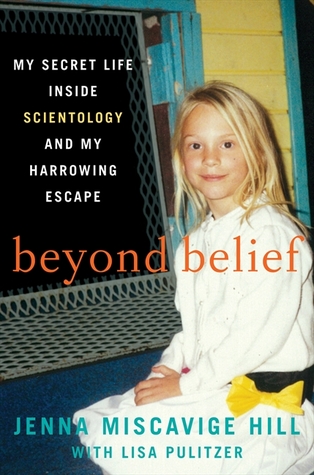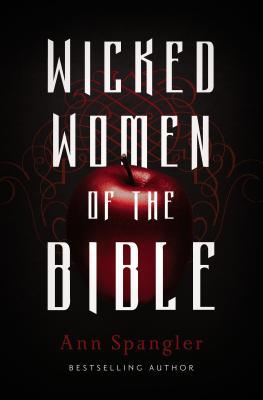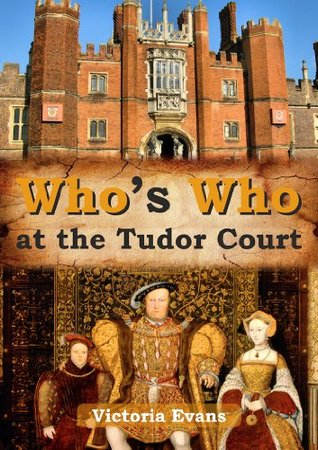Rating: 3.5 Stars
Review:
I really love books like this, the '50 Objects..." or "12 Maps..." that 'changed the world' type books. This book is no exception, as it covered several documents that truly did change the world, for better or worse. While I disagree somewhat with some of the items included ('War and Peace' and '1984' - I do not consider books to be documents per se), the majority really do help the book live up to its name. How can you go wrong when writing about Magna Carta, the Emancipation Proclamation, the Apollo 11 Flight Plan, and Anne Frank's diary in one volume?
Turns out, you can. Or, at least not 'go wrong', but you can be lacking in detail and description at times. I understand this is not meant to be exhaustive, seeing as how it is quite slim to begin with, so I will get my complaints out of the way before I delve further in to discuss some of the specific documents addressed that I felt were among the most important. There is only one actual page of textual information devoted to each document, though that page often included a small picture of those who signed, witnessed, wrote, etc. the document. The opposite page was usually a picture of the document itself. Additionally, for a good portion of the beginning, nearly all of the documents were from Western Europe. Not all, but a good majority. Surely there were other important documents that could have been included from around the world and not just those few.
Now, to the documents I found most fascinating - it is also kind of embarrassing to admit that I did not know some of the facts I learned from this text. In my defense perhaps we were not taught those aspects in school? So many of these documents today exist now in the National Archives and I wish desperately to see them - namely the Fort Sumter Telegram announcing they were surrendering, and the Emancipation Proclamation. These were two hugely important documents that exist as a testament to the resolve of our young country - we were willing to go to war with ourselves to achieve the ends we wanted. The telegram began the war and the proclamation set us on the road to ending it. As an aside, I never knew that the E.P. ONLY freed slaves who were living in the states that had succeeded from the Union - AND applied only to those held by the Confederacy. So, apparently it was a shrug and a 'sorry' to the slaves living in areas recaptured by the Union, or the nearly 500,000 living in those border states who had not succeeded.
I am curious about the exclusion of the Gettysburg Address as an important document and thought perhaps it was excluded due to the inclusion of the Emancipation Proclamation. But both Martin Luther's 95 Theses were included, followed directly by the Edict of Worms. Those documents were separated by only four years, but concerned the same topic, so not sure why Lincoln's famous speech was not considered important enough?
Fun Fact: Apparently our Founding Fathers were not terribly responsible. The original copy of the Constitution had vanished at some point after its signing and no one knew where it was until 1846! Also, it has only been on display since 1952; I didn't realize it was such a short amount of time when I visited in 8th grade on a class trip.
A little dirty laundry gets aired here in the form of which states ratified the 19th Amendment and when - you keep it classy Mississippi, not ratifying until 1984. I am not surprised that many southern states were among the last to ratify it.
The 15 year old girl in me who will forever love Titanic could not help but be wistfully glad to see the inclusion of Titanic telegrams included as important documents that changed the world. Movie references aside, it really was a wake-up call to these shipping companies that safety measures needed to change and improve to avoid another tragedy on such a scale.
There were several documents relating to World War I and II, which should come as no surprise. The Treaty of Versailles is always troubling to me, as it basically assured that there would be another war - how could there not be? Germany was forced to take all the responsible for the Great War, only for the fact that they were the last ones standing when the war came to an end. It should shock no one that the Nazis were able to rise and grab power so swiftly; the treaty was crushing and the reparations were impossible.
When I think of a document, I think of something of the non-fiction, factual variety. This is why I struggle with the inclusion of books - manuscripts - in this text. However, I feel that Anne Frank's diary certainly deserves its place. The importance of this diary can not be overstated and if you do not believe me, try standing in the Annex and imagining living in this cramped space with seven other people, the majority of whom you struggle regularly to even get along with. It is one of the most humbling experiences I have ever had in my life and could not imagine spending two years in that place. Anne's diary gave a voice to the millions who had theirs cruelly and violently taken away. I did NOT like, however, that Miep Gies was simply referred to as the 'family friend' who later saved Anne's diary after the family had been taken away. Even with the focus being on the document itself, surely Miep deserves much more credit than that.
There were so many documents that I found interesting, I could keep writing for a while. I will finish this up with reference to a certain CIA document, dated August 6th, 2001, that stated very clearly an attack on the US by bin Laden was imminent. Unfortunately, this memo was handed to one of the most incompetent presidents in the history of our country, while he was staying at his ranch in Texas. You know, one of his 406 vacation days taken in his presidency, or some absurd number that the GOP conveniently likes to forget whenever they complain about Obama playing a round of golf. As a follow-up, the Iraq War Resolution was included but I couldn't even bother to read such garbage.
So, overall, this really is 3.5 stars. There were so many documents that belonged here, but at times their importance almost felt diminished simply because often only the bare facts were included. It is by no means a be-all, end-all for any of these documents and while I can recommend reading this one, I would also suggest further reading on any of the documents that interest you.



















